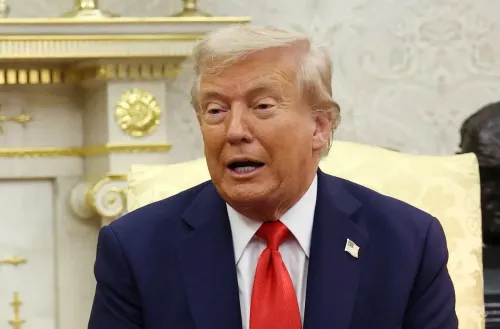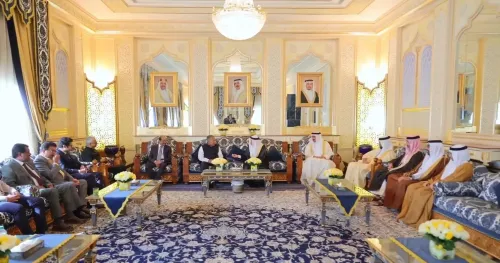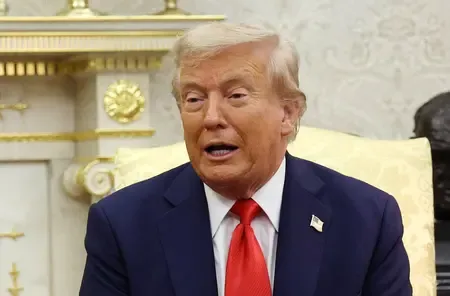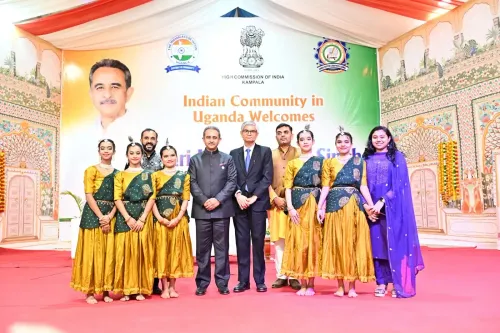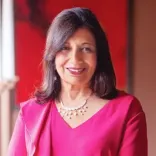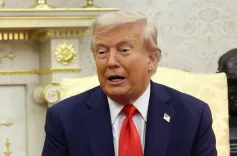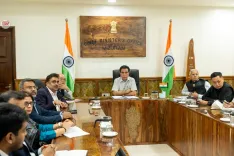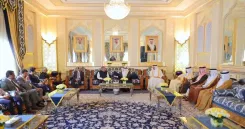How is the 24-member Sri Lankan delegation in India deepening bilateral ties?
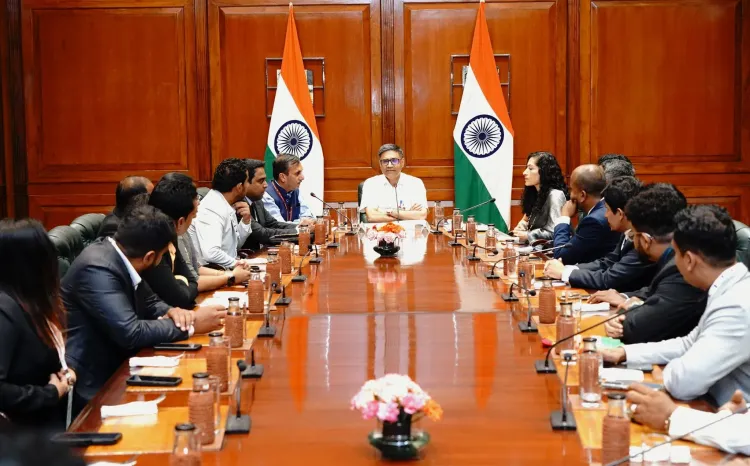
Synopsis
Key Takeaways
- 24-member Sri Lankan delegation in India.
- Engagement with Foreign Secretary Vikram Misri.
- Focus on enhancing bilateral relations.
- Involvement of young leaders from 14 political parties.
- Discussion on regional security and cooperation.
New Delhi, July 16 (NationPress) A 24-member delegation from Sri Lanka convened with Foreign Secretary Vikram Misri in New Delhi this Wednesday to explore ways to strengthen the bilateral relations between the two countries.
This group, comprising young leaders from 14 different political parties in Sri Lanka, commenced their two-week visit to India on the same day.
During their discussions, Foreign Secretary Misri underscored the crucial role that these young leaders play as key stakeholders in fortifying the relationship between India and Sri Lanka and in crafting a future roadmap.
The Ministry of External Affairs (MEA) shared on X, "A 24-member delegation of young political leaders from 14 political parties of Sri Lanka met with Foreign Secretary Vikram Misri as they began their two-week programme in India."
The Foreign Secretary also stressed their integral part in enhancing the India-Sri Lanka partnership, serving as stakeholders in its prospective roadmap.
The discussions also delved into regional geopolitical trends and the security agreements established between the two nations.
Prior to this visit, last week, India's High Commissioner to Sri Lanka, Santosh Jha, engaged with the 24-member Sri Lankan delegation comprising young political leaders from various parties to discuss initiatives aimed at strengthening partnerships for a unified future.
This delegation includes Deputy Speaker Rizvie Salih, along with 20 Members of Parliament from diverse parties and four senior officials from the Sri Lankan Parliament, including the Secretary General.
India and Sri Lanka have a relationship that spans over 2,500 years, characterized by a robust civilizational and historical connection.
Sri Lanka holds a pivotal position in India's 'Neighbourhood First' policy and the vision of MAHASAGAR (Mutual and Holistic Advancement for Security and Growth Across Regions).
In April, Prime Minister Narendra Modi visited the island nation and had a fruitful meeting with Sri Lankan President Anura Kumara Disanayaka.
PM Modi was the first foreign leader to make a state visit to Sri Lanka since President Disanayaka assumed office in September 2024.
During their meeting, both leaders engaged in detailed discussions in both restricted and delegation-level formats to further enhance their special and close bilateral ties, which are deeply rooted in shared history and strong people-to-people connections.
PM Modi also announced a comprehensive initiative to train an additional 700 Sri Lankan citizens annually in capacity building and economic support, along with the conclusion of Bilateral Amendatory Agreements on Debt Restructuring.
The Prime Minister reaffirmed Sri Lanka's significance in India's Neighbourhood First Policy and Vision MAHASAGAR, expressing New Delhi's persistent commitment to aid in the island nation's economic recovery and stabilization.
The bilateral relations between both nations are mature and varied, covering all contemporary issues.
The shared cultural and social heritage, along with extensive interactions between their citizens, provides a strong foundation for building a multifaceted partnership.

